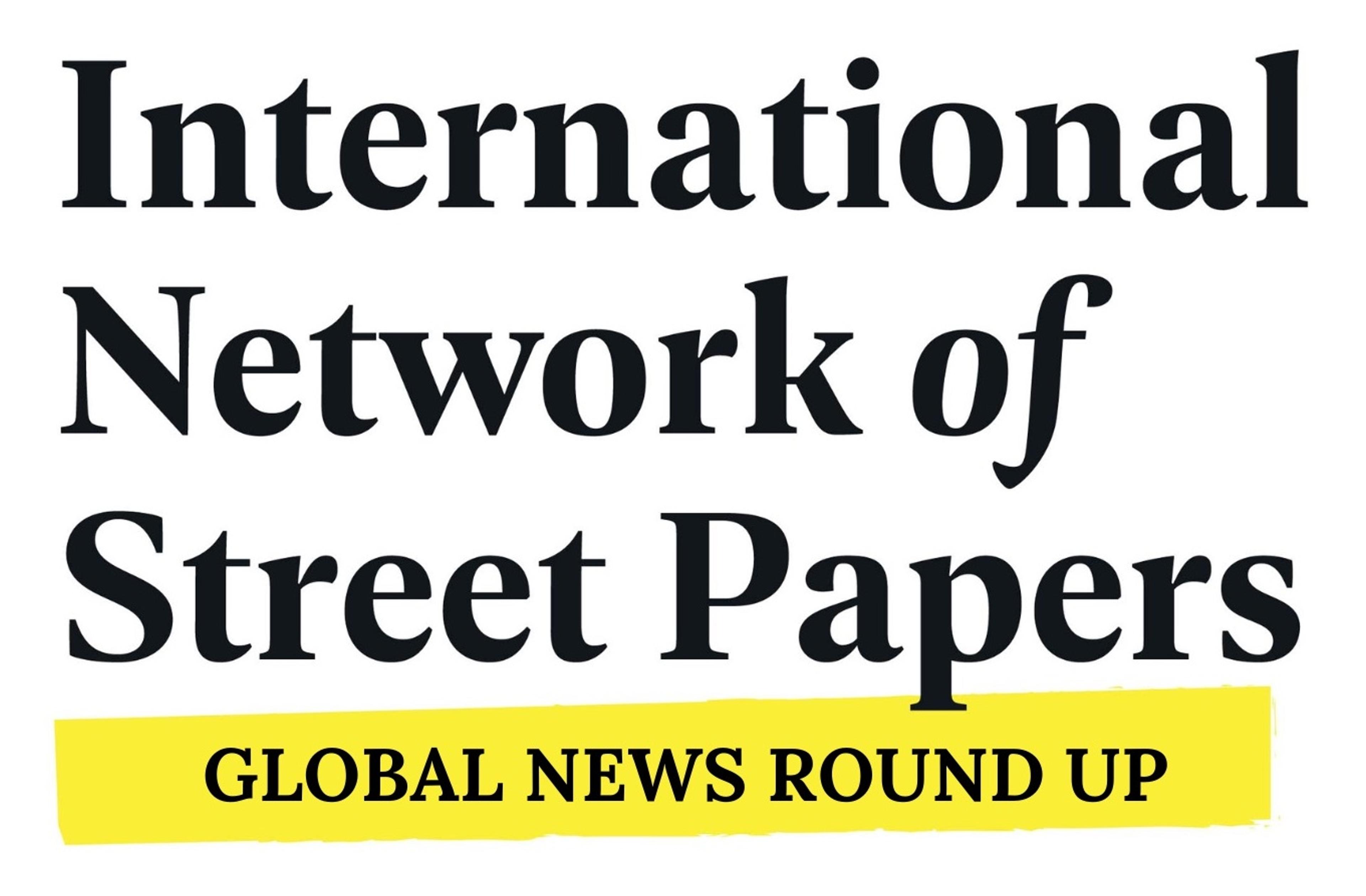Lice v Lice vendor Memet Kamber’s death highlights the struggle undocumented citizens in North Macedonia face accessing health care
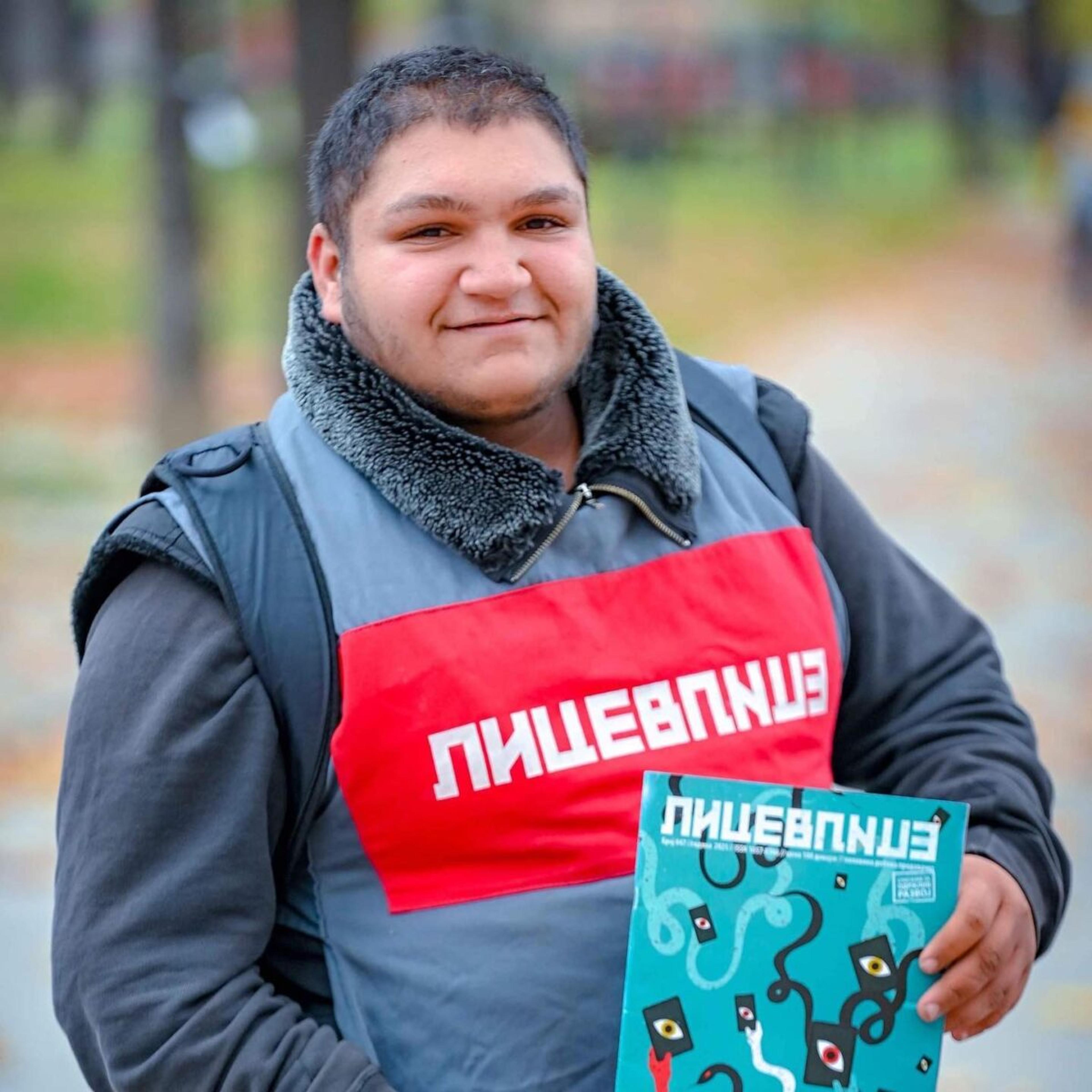
Lice v Lice vendor Memet Kamber who recently passed away. Photo by Tomislav Georgiev.
By Aneta Risteska
- News
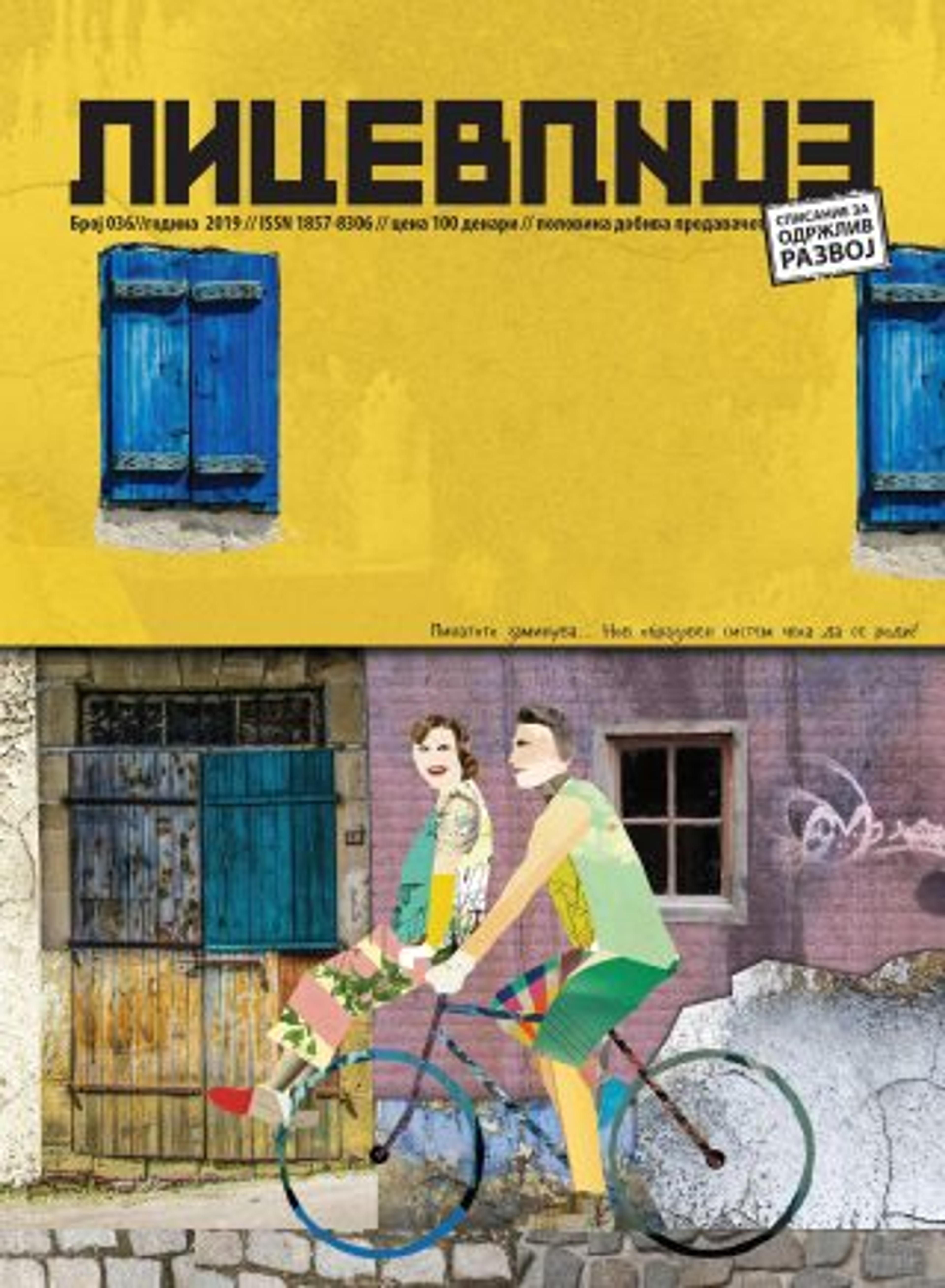
Memet Kamber, who sold the street paper Lice v Lice in North Macedonia, died at the end of last month. He was admitted to hospital with hyperglycemia likely caused by lifelong diabetes. He grew up without a permanent residence and because Memet had no state-recognised ID card, he was essentially deemed stateless in his own country, and had been unable to access medical care. His situation is not unique in the country.
Memet Kamber, a vendor of the North Macedonian street paper Lice v Lice, at the age of 20, died at the Clinic for Anesthesia, Resuscitation and Intensive Care (KARIL) in Skopje last month. It was his first hospital admission, and his last.
His health deteriorated long before he ended up in hospital. But Memet did not have the opportunity to see a doctor and be examined. He did not have a health record that would allow regular check-ups. But the lack of proper state-certified documentation, an ID card, put all the needs, services, and ideas required for a different life for this young man on hold.
A chance at life ruined by bureaucracy
Memet, like everyone else, dreamed of living easily, without fear that the slow process of acquiring confirmation of identification and visibility would reflect negatively on him in every aspect of life. He showed defiance with his constant smile and his determination to work to provide for his basic needs.
“Memet was a street paper vendor, but we prepared him for the labour market through the verified social mentoring program,” says Magdalena Chadinoska Kuzmanoski, who was his social mentor for work integration. “He constantly showed remarkable proactivity and a desire to acquire work habits and work skills, but his greatest desire was to get an ID card. He acquired working habits, but, unfortunately, he did not survive to acquire an identity card.
“We were well on our way to guide him properly and to live a dignified and high quality life. I'm sorry that I didn't get see him achieve this, with an ID card and regular employment, which he so dreamed of.”
His mentor from the Day Center for Street Children, Filip Peposki, explains that the complications in getting an ID card happened due to not being able to contact his only surviving parent. “It was necessary for her to be present during the application of his first identity card. Then they asked us for a property certificate to determine the exact address of residence, but because he had no official residence, this could not be completed.
Health care should be a right, not a privilege
Is the health service becoming more and more just someone's privilege, and not a right, which should be guaranteed? What happens when people who for various reasons do not have documents, or are in the process of obtaining them, need access to the health service? Should these people be systemically more adequately informed about the fact they have diminished health care rights? Unfortunately, the answers for Memet would arrive too late. Many young people in North Macedonia are still in his situation, especially in the Šuto Orizari neighbourhood of Skopje.
“Different approaches are necessary to solve the challenges of undocumented people,” says Irena Velkoska, coordinator of the Day Centre for street children in Šuto Orizari, which Memet attended. “Every day at the centre, we witness how much their life takes on a negative dimension because of the lack of visibility they have in society. For various reasons, they are stuck in labyrinths where the dead ends deny them the realisation of the most basic human rights. There is an urgent need to find flexible, implementable solutions that will put them in a full functional framework and enable them to use different types of services.”
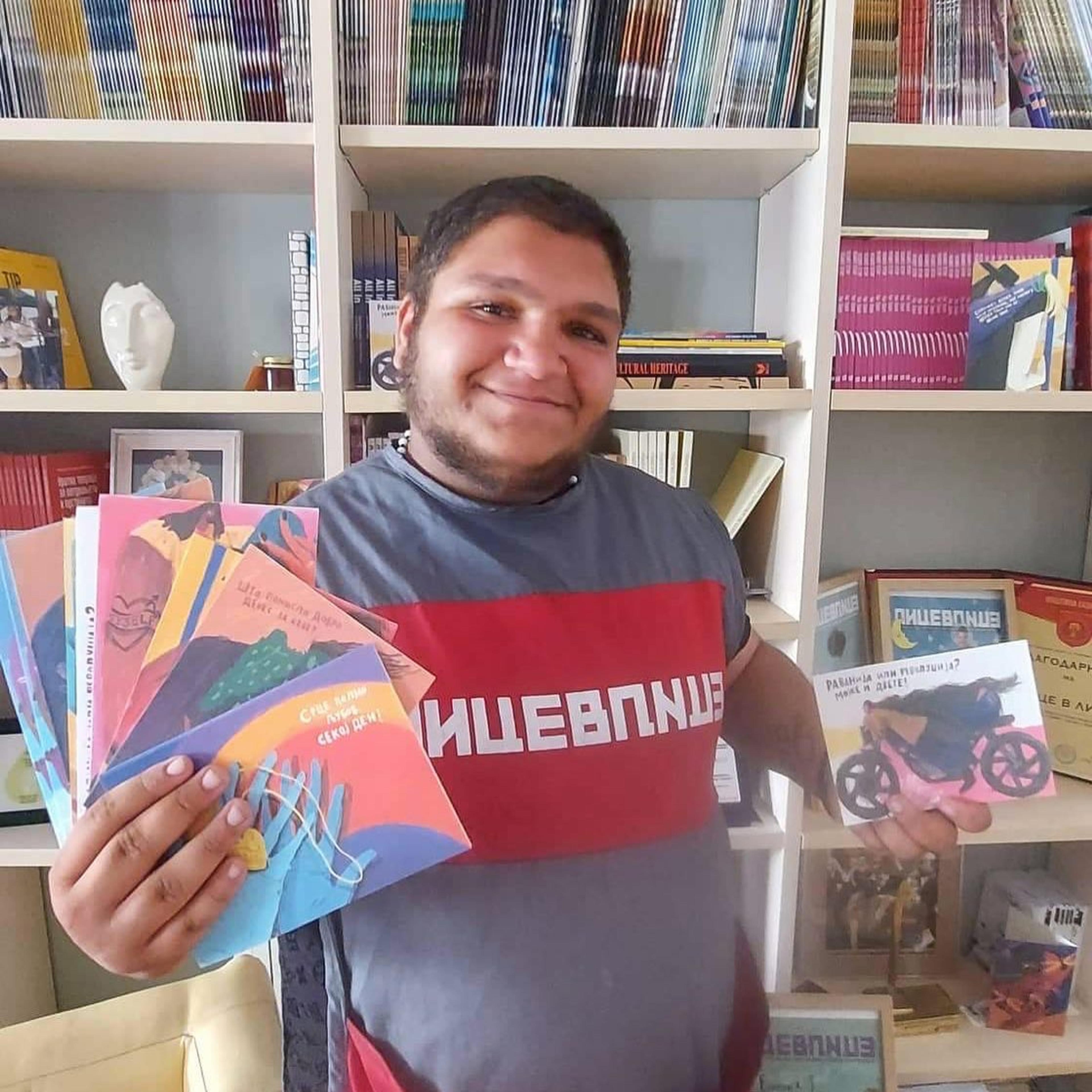
Photo courtesy of the Lice v Lice archive
Irena Velkoska, coordinator of the day centre for street children in Šuto OrizariDifferent approaches are necessary to solve the challenges of undocumented people. Every day, we witness how much their life takes on a negative dimension because of the lack of visibility they have in society. There is an urgent need to find flexible, implementable solutions that will put them in a full functional framework and enable them to use different types of services.
“If he had been treated on time, he might have had a chance”
At KARIL, Memet arrived in a serious condition. Everything pointed to the fact that years of care and treatment were missed so that such a difficult health situation would have more hope for recovery. His blood sugar levels had crossed a line causing him to develop hyperglycemia.
“Unfortunately, Memet most likely had type 1 diabetes, which appears as early as childhood. He lived with hyperglycemia for a long time, and when it reached too high a level, he was brought to us,” says Maja Mojsova, an anesthesiologist at KARIL. “We have saved many young people in this situation, but the damage was too great for him. When diabetic ketoacidosis [a severe lack of body insulin] occurs, patients are also more susceptible to infections, because high blood sugar itself is a good breeding ground for bacteria. It further aggravates other health complications.
“If he had been treated on time, and if that glycemia had been regulated beforehand, he might have had a chance. It was probably never even examined. He was brought in hyperglycemic, with terribly high glucose levels. We cannot know if he had other diseases. We fought for his life. We will know some things after we get post-mortem results.”
This situation in young people, who have a lack of insulin from an early age, is usually detected in time and can be treated, explains Mojsova. “When patients come to us in this way, it is much easier for us to have previously treated them, so that the disease hasn’t developed to this extent.”
Many patients come to KARIL without documentation, but the most important thing there is to save human life. The remaining procedures are then the responsibility of the system.
“We accept all patients,” says Mojsova. “We are not interested in whether he has insurance or not, whether he is a foreign citizen, his age or nationality. At that moment, the patient is in a life-threatening situation. We are fighting for everyone's life. We had a patient who did not have any identification in the country, it simply did not exist. But that is the concern of the Ministry for Health. Otherwise, Memet was a citizen of this country.”
However, if Memet left the hospital, recovered and had a new chance for life, he would also face a new challenge – how to pay for his hospital stay without proper documentation as, essentially, a foreigner in his own country. Because Memet had a birth certificate, but failed to obtain ID cards, according to the government, "these persons cannot acquire the status of an insured person".
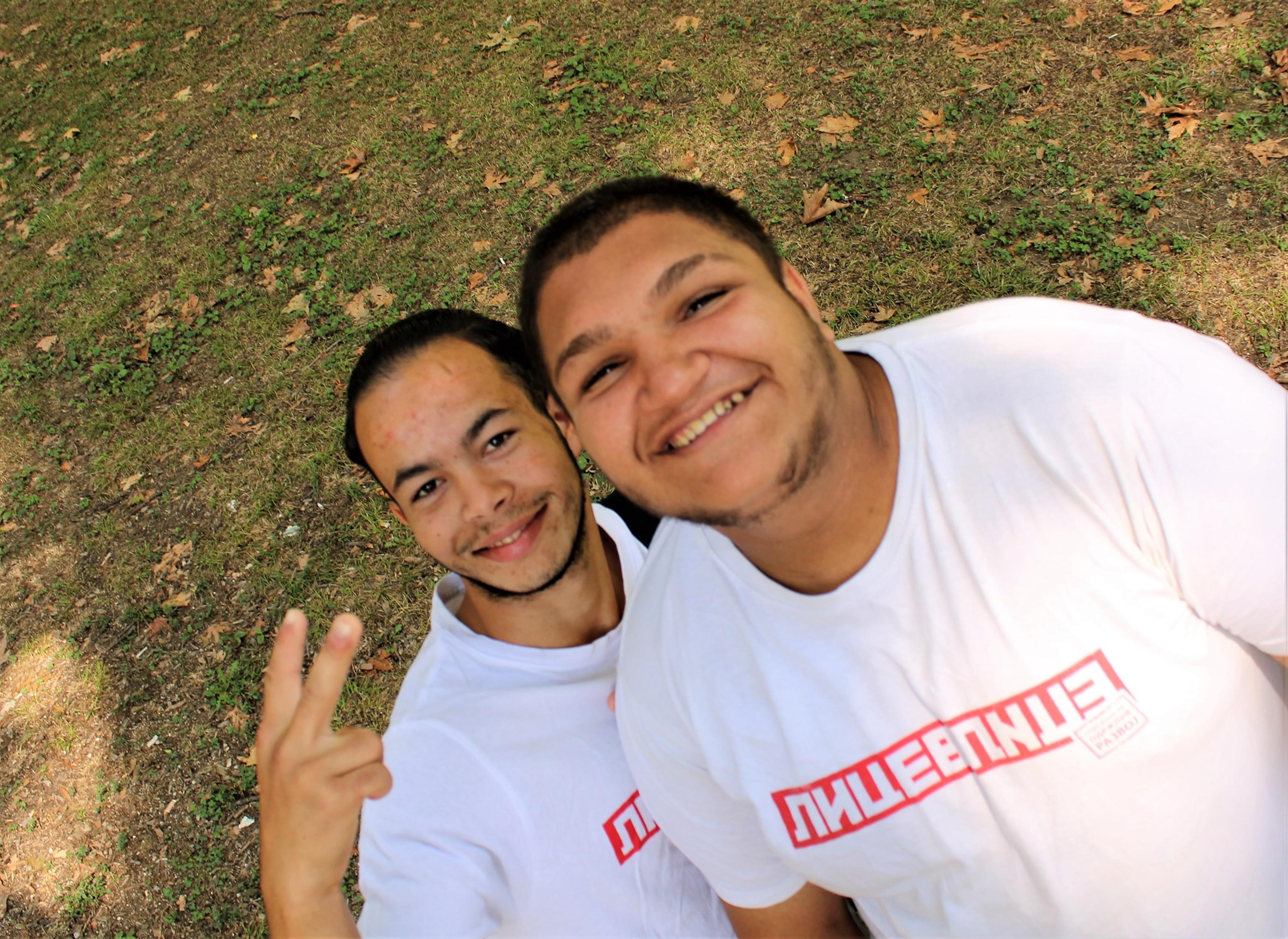
Memet Kamber (right) and Valentin Rakip (left). Photo courtesy of the Lice v Lice archive.
A movement for change
Thanks to a movement by the Association of Young Lawyers, after years of advocacy, there is now an appeal to pass, as soon as possible, a Law on Amendments and Supplements to the Law on Identity Cards and the Law on Registration of Residence in North Macedonia, which will enable vulnerable and socially disadvantaged persons living in “illegal facilities”, or unofficial dwellings, to gain access to personal documentation.
"We are reminding [those in charge] that the right to life and the right to health care are basic human rights and that all citizens must have access to health care, regardless of whether they have personal documents," says the Association.
Alexandra Efremova from the Association, who specialises in statelessness, says it is incomprehensible that, in the 21st century, young people die as "invisible" despite their commitment to be integrated into society. She believes that the challenges faced by this group are complex, but that systemic solutions should be flexible and adapted.
“Only a change of these laws can bring systemic solutions for these fellow citizens of ours,” says Efremova. “It is necessary for them to have the right, to enable them to enter an address from a center for social work, or an address of the municipality where they live, as their residential address. It exists in other countries. Or they must facilitate the process of documentation required to obtain personal identification.”
She also points out that greater sensitivity is needed for these citizens, but also greater openness from the system. “These people are victimised from birth. They face a legal problem from the very first day. And then 20 years later they carry still these challenges. Is that normal in the 21st century? It is futile now to look for who is to blame in Memet’s case. Let's prevent things like this from happening in the future.”
Even when people get a Certificate of Citizenship, they go through administrative labyrinths for months to get to an ID card, because this is a vulnerable group of citizens, who mostly live in facilities [or on the street] and do not have a valid address for registration.
Among this number is Valentin Rakip, a former vendor of Lice v Lice, who after almost two decades of fighting with the system, managed to get a social security number last September, with the support of the Association of Young Lawyers, members of the general public, and the UNHCR. But an ID card is still out of reach for him at the moment. His plans depend on the "mood", or rather on the "hangover" and (in)urgency of the institutions. Solutions are possible, only if there is will, openness and readiness for their inclusion.
At the time of publication, Memet was yet to be buried, and a protest is planned in his name in front of the country’s General Assembly.
In 2021, Memet told INSP what street papers meant to him: “For me, street papers mean a lot more than just a job to go to! It means inspiration – I enjoy rap and hip-hop music and, while I’m on the streets, it inspires the songs I write. Communicating with different people is very important – it gives me a sense of belonging. That moves me!”
Support our News Service
We believe journalism can change lives, perceptions, and society - underpinning democracy for a more equitable world. Learn more about the INSP News Service and how to support it here.
You may also be interested in...
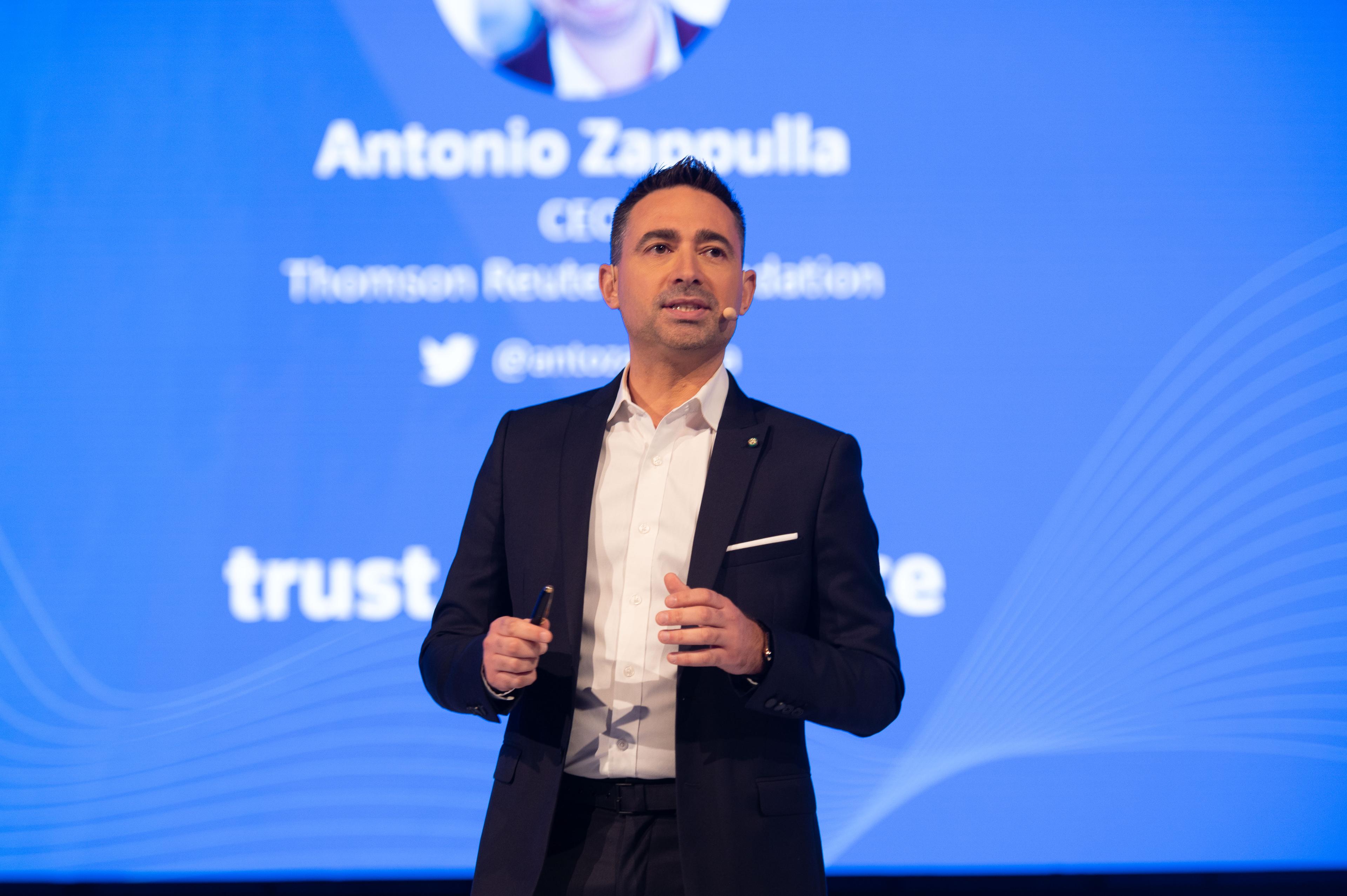
Street papers are “giving a lifeline and dignity back to people who have lost everything, sending a powerful message to homeless people that they are visible,” says Thomson Reuters Foundation Chief
Read more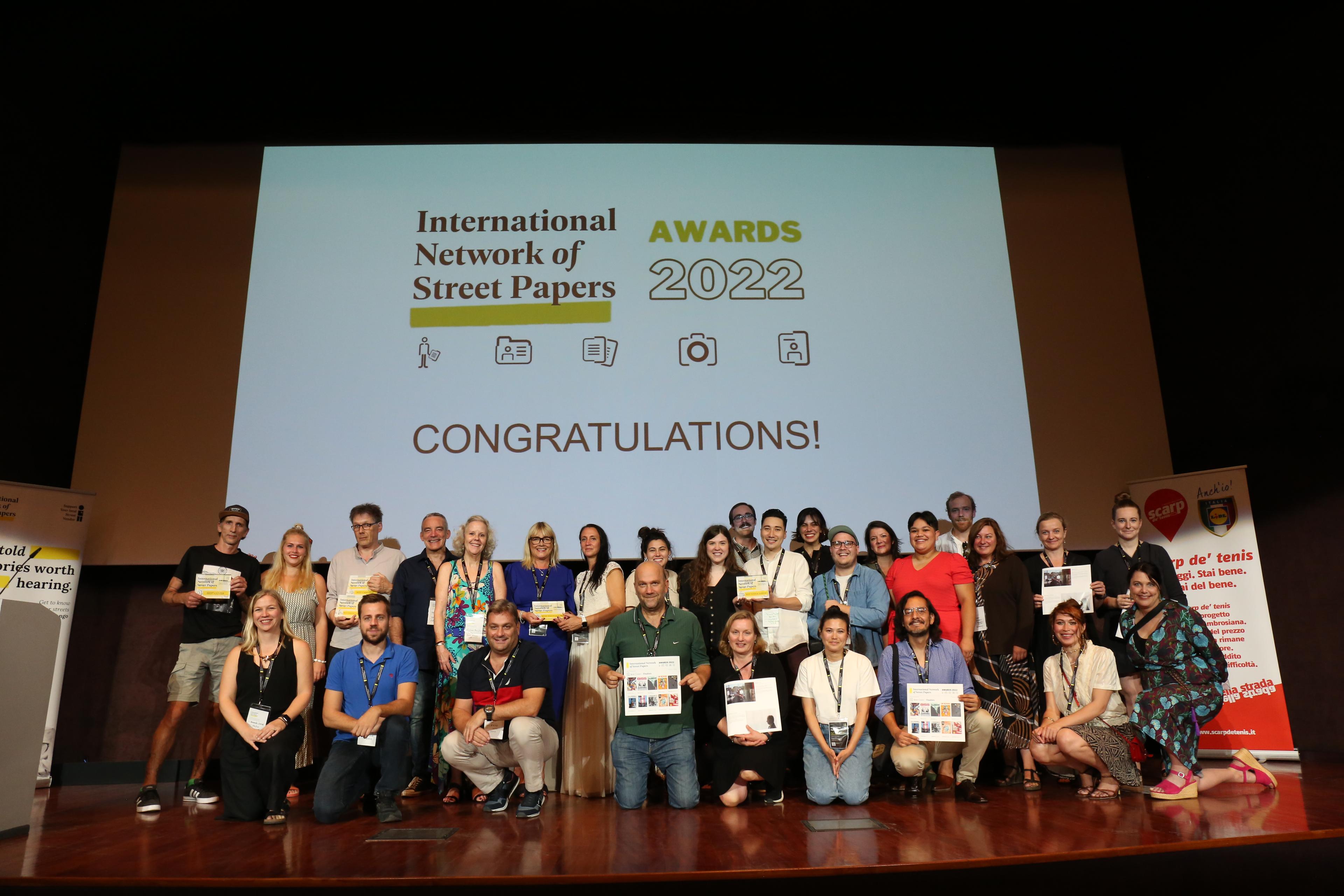
INSP Awards 2022 - WINNERS!
Read more